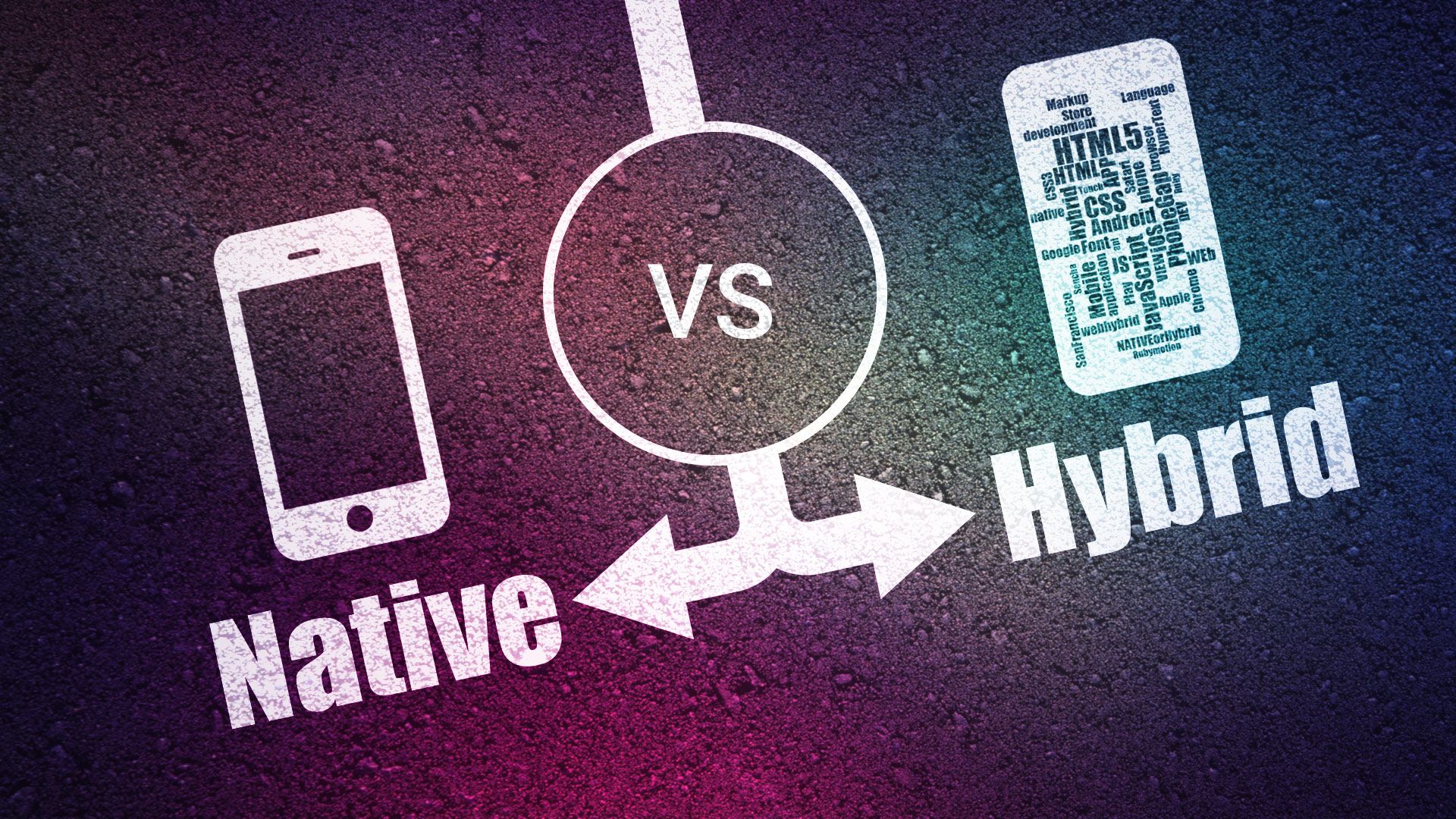
Mobile apps are an incredibly convenient channel for sales and communication with the customer base, so it’s not surprising that more and more companies are getting interested in how to develop them. In the course of their research, organizations are finding out that utilities fall into two types:
- Native.
- Hybrid.
In this article, we’ll look at how they differ and when it’s best to use which type. Let’s go!
Native
Native mobile applications are probably the most common but, simultaneously, the most expensive to develop. The point is that such utilities must be set separately for each operating system. The vast majority of demanding or global applications are native. For example, Spotify.
Advantages:
- Extremely high performance – the application is created for each operating system considering all its peculiarities, ultimately providing the most pleasant UX.
- It allowed access to Bluetooth, contact lists, camera, NFC, etc. This, too, simplifies and improves the user experience.
- Native apps are more secure in protecting user data – all leaks are virtually eliminated here.
Disadvantages:
- Development cost – A native app must be developed separately for each OS and then maintained. All this requires a big budget, so if you are not sure you can afford the development, it is better to look at hybrid utilities (but more about them later).
- Native apps take up quite a lot of memory space in the device, and with each new update, this space will inevitably grow unless you cut down on other functions.
Hybrid apps
These web applications look like native apps and have their features but are not. For example, the icon on a mobile device’s desktop may be a match. Typically, hybrid apps have average performance but work without a network connection. Some examples of hybrid apps include Uber, Shazam, etc.

Apps development
Advantages:
- Faster implementation – Hybrid apps are developed faster because the process uses standard web technologies that are easy to maintain in the long run.
- Platform variability – you can attract many users because hybrid apps simultaneously interact with several digital markets, from iOS to Android.
Disadvantages:
- Performance is an order of magnitude lower when compared to that of native utilities. Of course, this largely depends on the programmers, and in general, the potential of the hybrid approach to development is relatively high, but it still lags behind the native system.
- The need to use third-party services – you can’t develop a hybrid application in a single programming language. It would help if you integrated hybrid development frameworks like Cordova, Ionic, React Native, etc. The problem is that you will have to learn them too, which can take a lot of time, and if you decide to hire someone to do it, it will take a lot of money.
What to choose?
You should opt for a native mobile app if:
- You know you’re critical to the business app’s speed, and you’ll need instant access to it in case of an emergency.
- It would help if you had the most severe level of security.
- You’re working on a significant project.
In other cases, a hybrid mobile app will suffice. Either way, it doesn’t matter what type of app you end up choosing because its success will depend a lot on the skills of the team working on it.